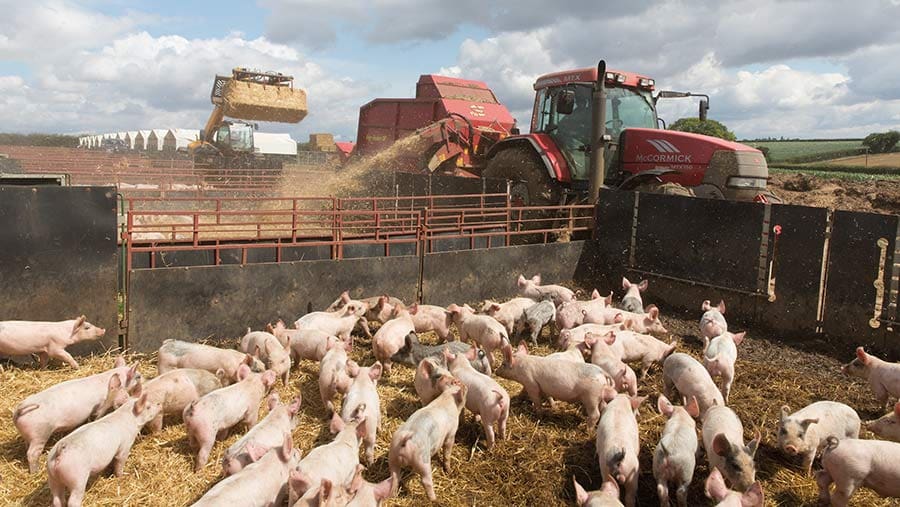Animal cruelty in factory farms is a pressing issue that demands immediate attention and action. With the ever-increasing demand for animal products, factory farming practices have become more prevalent, often subjecting animals to cruel and inhumane conditions. It is time for change in the way we view and treat these innocent beings.

The Dark Reality of Animal Cruelty in Factory Farms
Factory farming practices often subject animals to cruel and inhumane conditions. In these facilities, animals are commonly cramped in tight spaces, which leads to physical and psychological distress. The confined and crowded conditions in factory farms are detrimental to the well-being of the animals.
Not only are animals subjected to cramped spaces, but they may also experience abusive treatment and unnecessary violence. This includes practices such as excessive force during handling, neglecting basic needs, and the use of harmful tools or techniques.
Overall, the dark reality of animal cruelty in factory farms highlights the urgent need for change in the way we treat and raise animals for food production.
The Impact of Inhumane Practices on Factory Farm Animals
Inhumane practices in factory farms can result in physical injuries and health issues for animals. These practices often involve overcrowding and confining animals in tight spaces, which can lead to broken bones, bruising, and other traumatic injuries.
Furthermore, animals in factory farms may develop stress-related behaviors and mental disorders as a result of their harsh living conditions. Constant confinement, lack of mental stimulation, and exposure to harsh environments can cause animals to exhibit abnormal behaviors such as repetitive movements or self-harm.
Additionally, the use of antibiotics and growth hormones in factory farms can have detrimental effects on both animal welfare and human health. Overuse of antibiotics can contribute to the development of antibiotic-resistant bacteria, posing a risk to both animals and humans. Growth hormones used in factory farming can lead to accelerated growth and unnatural weight gain in animals, causing health issues and discomfort.

The Need for Strict Legislation and Enforcement
Factory farms operate under the radar of proper regulations, allowing for inhumane practices to persist. To combat animal cruelty in factory farms, there is a critical need for stricter laws and regulations.
Existing legislation should be reviewed and strengthened to ensure the protection of animals in these facilities. This includes addressing the issues of cramped living spaces, abusive treatment, and unnecessary violence that animals often endure.
Enforcement of these laws is equally important. Government agencies responsible for overseeing factory farm operations must be adequately funded and equipped to monitor compliance. Regular inspections and investigations should be conducted to ensure that animals are being treated humanely.
Penalties and consequences for animal cruelty in factory farms should be increased to serve as a deterrent. Fines and other forms of punishment should be significant enough to discourage such practices. Additionally, repeat offenders should face even harsher penalties to ensure accountability.
















































